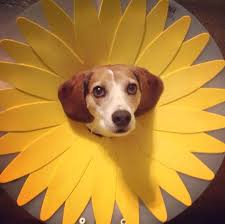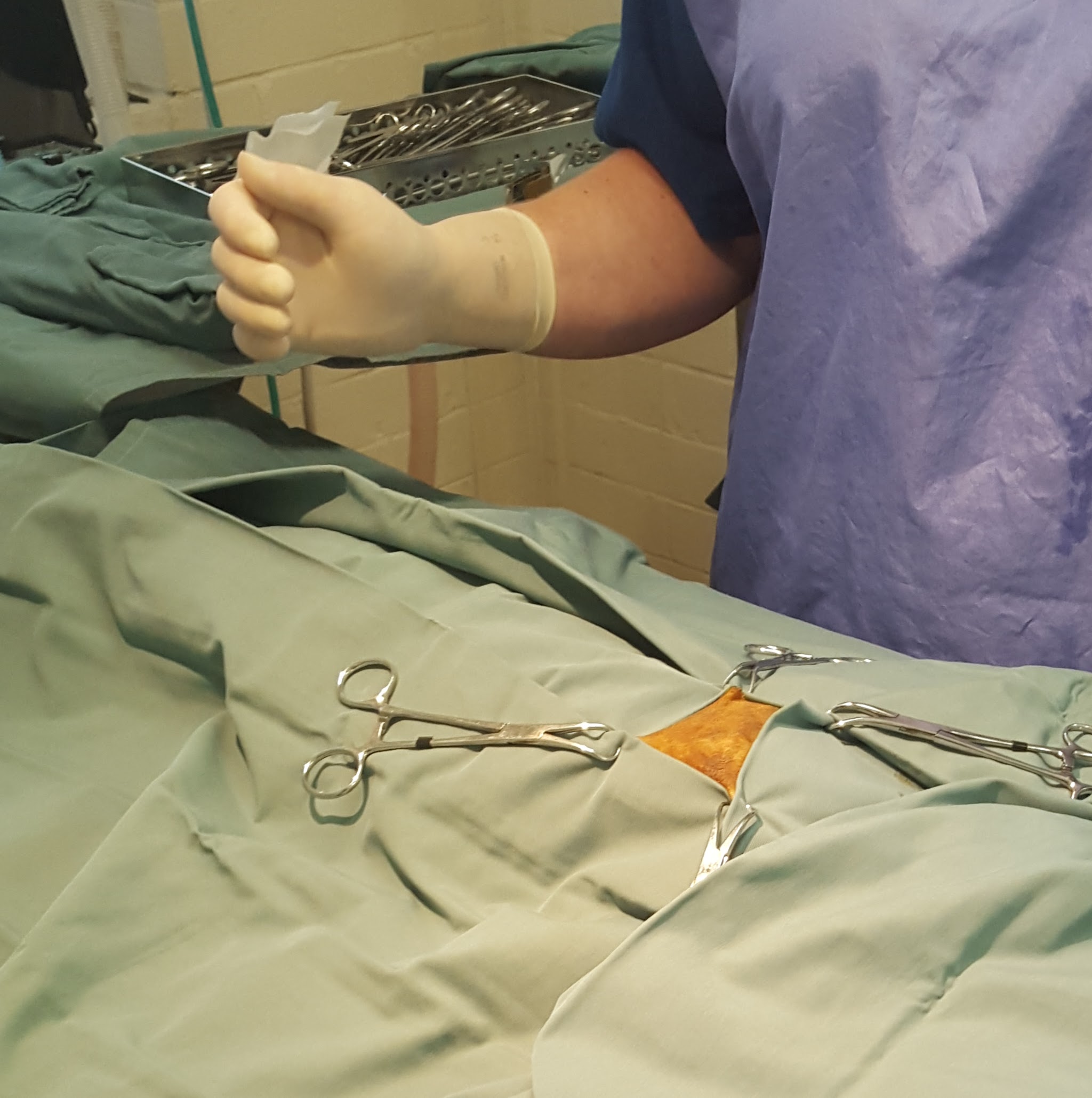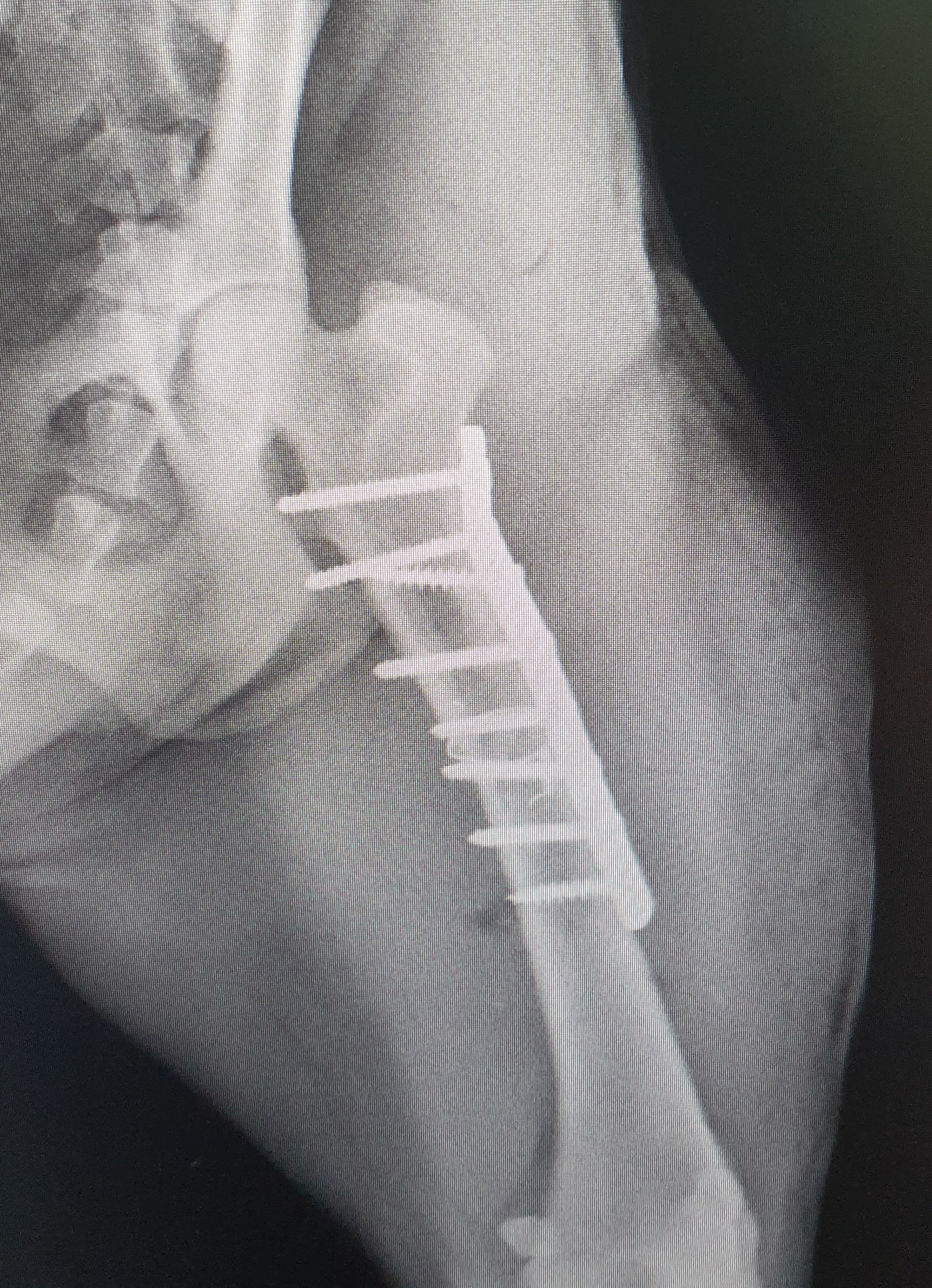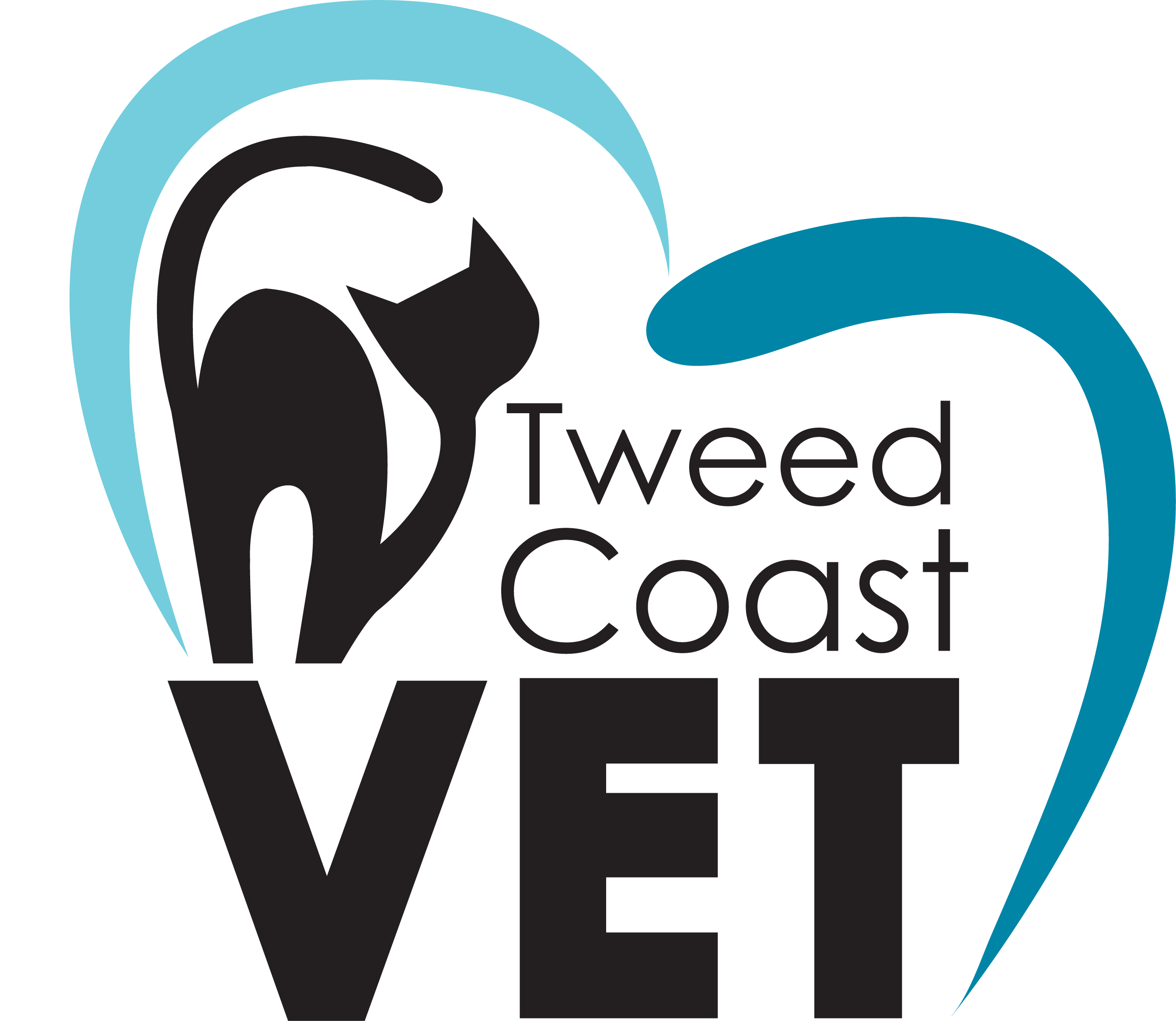
Your pet is in safe hands at Tweed Coast Vet. With one surgical theatre for major procedures, and an additional two for minor procedures we are able to take care of almost all of your pets needs. All of our surgery rooms are well equipped with adjustable tables, fluid pumps, and equipment to monitor breathing and heart rates, blood pressure and temperature. We even have an ECG and the ability to monitor cardiac patterns.
We almost always like to have met and examined your pet’s overall health before any surgical procedures. Occasionally we can do this on the same day as the surgery, so call us if your pet hasn’t seen us in a few months.
What to expect for Routine Surgery

For most procedures – eg speys, castrations, lump removals and wound repairs – your pet is only with us for the day. We ask you to withhold food overnight before the procedure and drop your pet off in the morning. We usually arrange a time that suits you that afternoon to pick your pet up.
We recommend intravenous fluids with all procedures. However, in young pets and short procedures, if cost is a specific concern and your vet considers your pet to be in general good health, we are able to discuss other options.
Most desexing procedures (speys and castrations) have no stitches to be removed. The sutures are placed just under the skin, and dissolve slowly over time. This can form a small hard lump at the site of the surgery. If you are worried about the size of the lump, or the lump is not hard please call us.
For lump removals and wound repairs, we often put external stitches in to avoid that small lump. This does mean you will need to return to visit us 10 days after surgery to have the stitches removed. This visit is of no charge and allows us to check that everything has healed well.
As for those cones (Elizabethan collars) you see some pets wearing after surgery? We are able to provide them (although you will need to decorate them yourself if you want them as pretty as that sunflower above!) If your pet is prone to licking and chewing at themselves, we strongly recommend them. We often find pets don’t need them, but in some situations it is essential. If we notice a pet licking at their wound in the hospital after surgery, we will raise this with you before your pet goes home.

What to expect in non-routine procedures.
We perform a lot of “non-routine” surgeries at our clinic. This includes removing tennis balls from stomachs, repairing broken bones, fixing torn ligaments, and removing tumours from your dogs abdomen. If we tell you your pet needs their spleen removed, or their cruciate ligament repaired, we would consider it a non-routine surgery (even though we do it all the time).
These surgeries are “bigger” than routine surgeries, in the sense that they take longer and your pet is under anaesthetic for more time. Sometimes we can send your pet home the same day but often we will keep them in over-night. We do not have 24-hour monitoring, but we do have someone checking on them after hours to make sure all is well. We often keep your pet on fluids overnight as they were under anaesthetic for a long time. Keeping them in hospital also allows us to use some stronger pain relief if they need it. Crucially though, it also keeps your pet confined. If your pet goes home after a big procedure and jumps on the bed or plays with your other pets, it can risk damaging the still healing surgical site.
If your pet is highly anxious we try to take this into account. If it is safe to do so, we will send your pet home. We know every pet is an individual, and every home situation is unique, so we take this into account with every surgery. This also applies to those cones (Elizabethan collars).
If for some reason your pet does require 24 hour monitoring after a surgery, we are able to send your pet to the emergency after hours clinic to be more closely monitored.
Bigger procedures like this almost always have external stitches and are checked 10 days after surgery. There is no extra charge for this follow up visit unless further medications are required.
